UPDATE 02/02/2023: This article stated that Guild Esports is actively seeking to raise another round of funding. Whilst Guild’s latest annual report states that it has had “initial positive conversations with its brokers about a fundraise,” Guild has since told Esports Insider that it is “not seeking to fundraise at this time.”
UPDATE 03/02/2023: In its latest annual report Guild’s independent auditor stated that without more funding, Guild may not have the necessary funds to continue operations. The article has been updated to include this information.
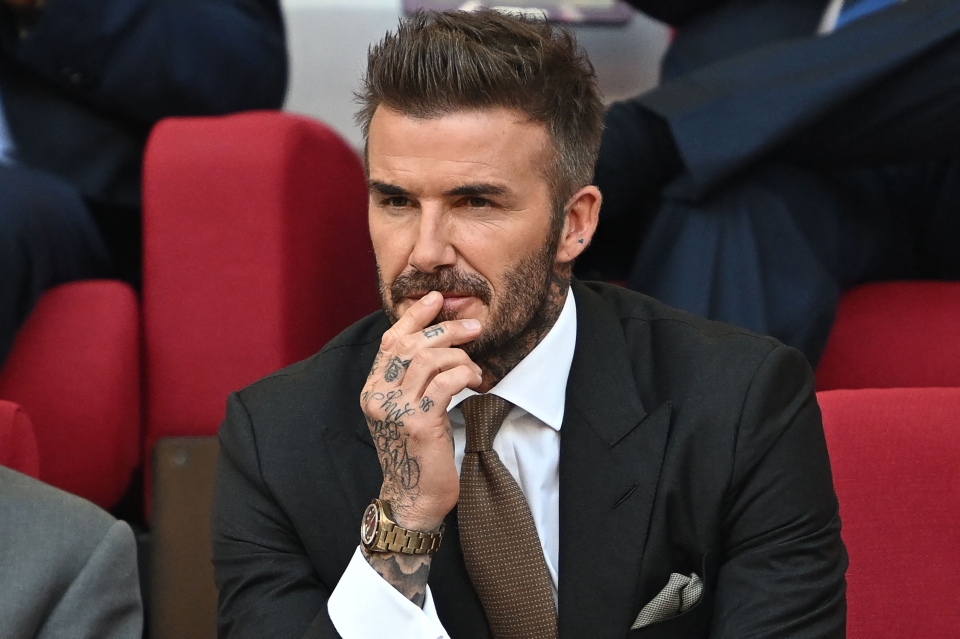
On Tuesday, Guild Esports (LSE: GILD) released its annual report for the year ending September 2022. Nearly 12 hours after releasing an initial annual report, the company released a revised report which announced that Guild has had “initial positive conversations with its brokers about a fundraise.” However, Guild told Esports Insider that it is “not seeking to fundraise at this time.”
This is despite the fact that in the annual report, Guild’s independent auditor claimed that without securing additional funding, Guild may not be able to continue operations.
According to the report, Guild has just £1.6m of cash remaining as of January 2023. The company reported a pre-tax loss of £8.75m for 2022 and has raised around £26m to date, per Crunchbase.
Raising another round of funding, whilst imperative, will be difficult given Guild’s tanked share price — down 85% at the time of writing from its 8p-per-share debut in October 2020. First Guild would need to get investors to buy into the project during a low point in the company’s share price — and during a severe macroeconomic slump — and even if they did, new and existing investors alike would need to accept that shares would be further diluted.
In the annual report, Guild’s independent auditor stated: “We have reviewed the consistency of committed cash flows against contractual arrangements and compared general overheads to current levels. The forecasts demonstrated that the company will require additional funding during the going concern period to meet its liabilities as and when they fall due.”
The auditor also noted in the report: “The company’s ability to continue as a going concern is dependent on the ability to secure additional funding through completion of an equity fundraise, which is currently in progress.” Guild later corrected this, contacting Esports Insider to say it is not currently seeking to fundraise despite the auditor’s claim that without more cash, Guild will struggle to continue operations.
Guild’s high cash burn rate — albeit calmed somewhat in recent months by a much-reduced workforce and a restructured financial arrangement with co-owner David Beckham — is working against the organisation’s impressive gains in sponsorship revenue in 2022. With little financial runway left, another funding round is one of the only viable options.
2023 will be a tough year for Guild, as it will be for most esports teams given the challenging macroeconomic environment. Nevertheless, it’s important to scrutinise the company’s annual report to see how the British organisation has fared since its London Stock Exchange debut 27 months ago.
Lowering operating costs was vital
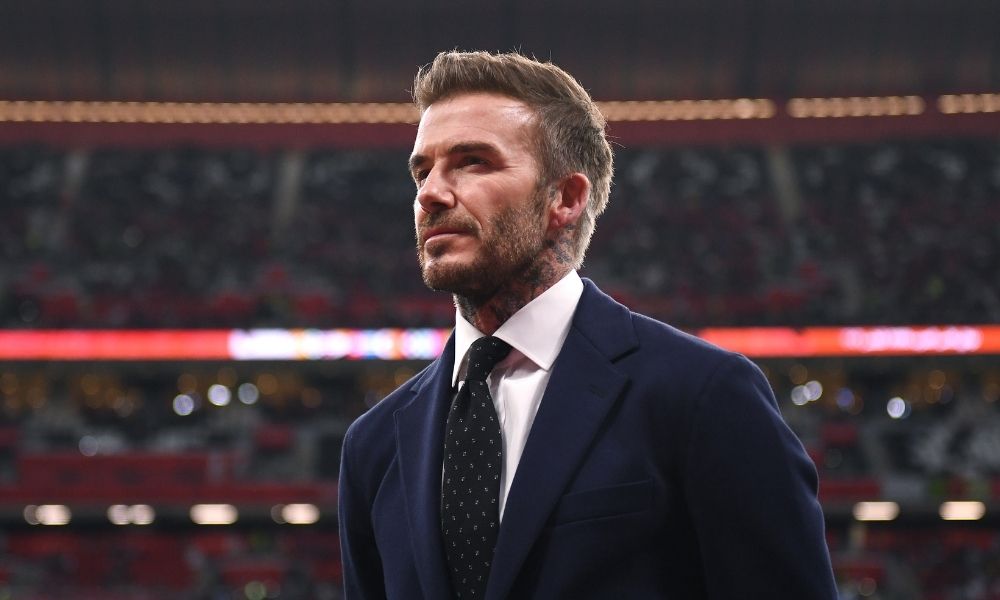
Guild Esports has done some much-needed cost-cutting. It restructured its deal with David Beckham in September 2022, cutting the minimum amount owed to Beckham’s image rights firm Footwork Productions by £7.5m. Before, Beckham was owed a minimum of £15.25m over five years, in addition to 15% of merchandise and sponsorship revenue. For the next two years, however, minimum fees have been removed, and Beckham will instead only get 20% of merchandise and sponsorship revenue. Financially, this was crucial for Guild.
In its annual report released earlier this week, Guild said its workforce has been reduced “as part of efficiency measures.” In its interim results report from June 2022, Guild stated it had ‘right-sized’ its staff numbers from an average of 45 to 31. Some staff members were indeed let go from January to June 2022, but many others left of their own volition and were not replaced, several former Guild employees told Esports Insider on the condition of anonymity.
Sponsorships
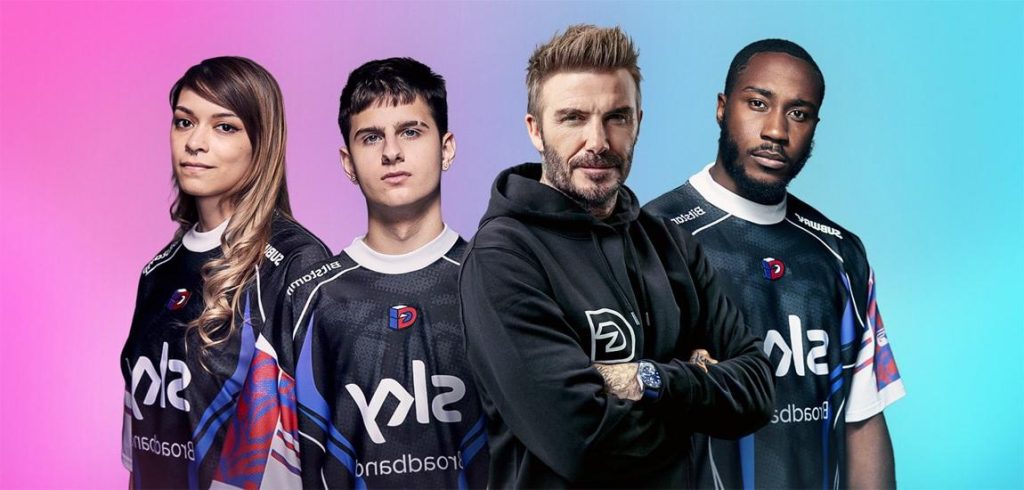
Guild showed impressive gains in sponsorship revenue for 2022, generating £3.2m — up from £1.2m in 2021. Most notably from a cash perspective, the company announced a massive three-year, £2m-a-year deal with Sky in September 2022. It also agreed a three-year, £4.5m deal with Bitstamp, signed Coca-Cola and Hyperice, and renewed its deal with Samsung for another year.
However, a closer assessment reveals cause for concern.
“Our relationships with all our partners have continued to deepen since the deals were announced,” the report states. Yet no announcement has been made regarding Guild’s two-year deal with HyperX which, assuming the deal commenced in January 2021 when it was announced, expired in late January this year. Guild told Esports Insider that there is no material update on HyperX, and that any update will be made via RNS announcement.
Furthermore, ‘Razer Gaming Chairs’ is mentioned in the report as a partner Guild signed, but Razer’s branding appears to have been removed from Guild’s social-media channels and website six months after the two-year deal was announced. Razer’s branding remains absent.
It is standard practice for publicly listed companies to announce via RNS if a commercial partnership has ended prematurely. Responding to Esports Insider’s question on the matter, Guild said that Razer remains Guild’s ‘official gaming chair partner’. Guild did not share with Esports Insider why Razer’s branding has been removed from Guild’s social-media channels and website.
Guild’s audience
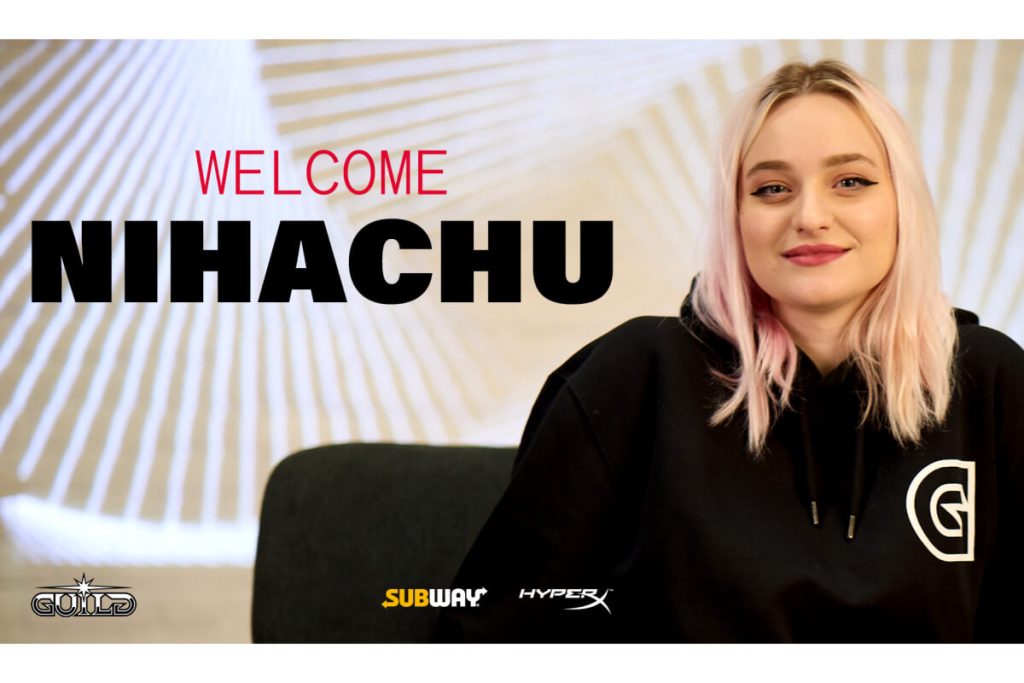
Beneath a subheading titled ‘growing audience’, Guild Esports stated in its 2022 annual report: “Guild is building its endemic audience through the creation of original content, signing of top-tier players and working with influencers and content creators, with David Beckham’s social posts bringing in fans from different segments.” The same sentence was published verbatim in Guild’s 2021 annual report.
Guild also stated that its fanbase and social reach “has grown significantly since its IPO in 2020; the Company currently has an owned audience of 1.1 million.” However, according to Social Blade, from September 2021 to September 2022, Guild’s total follower count across six major platforms actually decreased by nearly 26,000, from 1,094,951 to 1,069,197.
Moreover, several content creators with millions of followers across platforms that were signed by Guild, including Nihachu, GeeNelly, PerryGoesWild and Angelina, have left or been released in recent months. These figures are separate from Guild’s owned-follower count.
Given the decline in Guild’s total audience reach, it appears the company’s audience is not growing. Its latest annual report states that Guild aims to reach an owned audience of 2m by the end of the year — almost double the current number.
Beckham and the Board
Guild announced in June 2022 that David Gardner, who is Beckham’s business associate and was his representative on the Guild Board of Directors via Beckham’s image rights company Footwork Productions, stepped down from the board. Now, Beckham — undoubtedly the reason there was so much hype about Guild in 2020, and likely a key reason many brands were excited to partner with Guild — still has no representation on the Guild board eight months on. Beckham is entitled to one board spot per his contract with Guild.
Beckham has seemingly had limited personal involvement in promoting the organisation. Despite this, until recently he was costing the company between £2.25m and £4m per year, and was also set to take 15% of all merchandise and sponsorship revenue. Given that Guild has restructured its deal with Beckham — significantly reducing his guaranteed payment — it seems clear the organisation’s cash requirements are forcing a re-think of the arrangement.
In response to a request for comment about its arrangement with Beckham, Guild said: “This renegotiation was made possible by David Beckham’s belief in Guild’s strategy and purpose, as well as the growth trajectory of the sector.
“The renegotiation with David was for mutual benefit — it makes the company more efficient in the short term by reducing outgoing costs and, as the fee paid to David is tied to Guild’s sponsorship and merchandising revenue, it makes our success his success. The new deal illustrates David’s continued faith in the company’s long-term ability to attract high-quality sponsors and builds on the great success of the last year — we’re delighted with the fantastic support he provides as co-owner of Guild.”
Merchandise
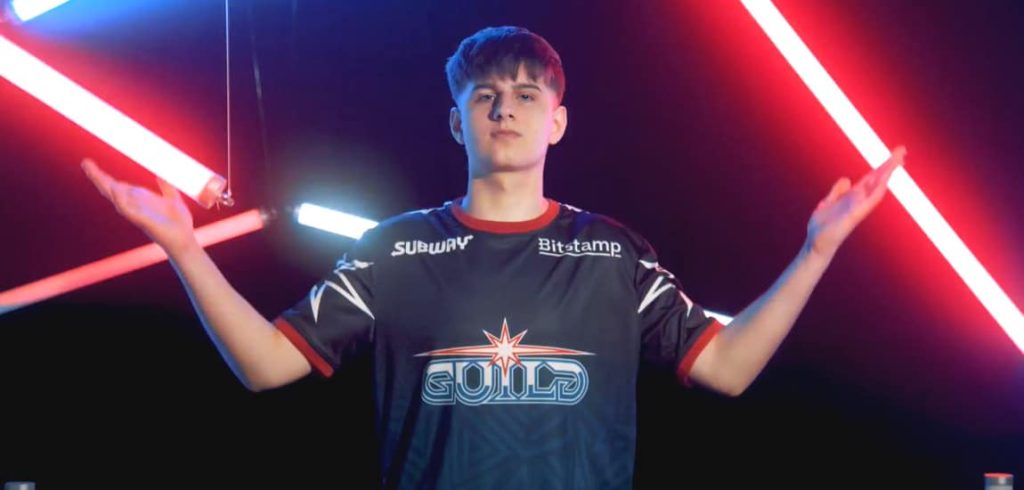
Guild’s target for merchandise sales in 2021, its first full year of operation, was £1m, according to the company prospectus released in September 2020. In its 2021 annual report, Guild didn’t include a revenue figure for merch sales, only stating that “these are still early days for the Company’s merchandising operations.”
Furthermore, in this latest report for 2022, Guild claims that a new creative team has been hired that will “focus on new design technologies, utilising experience in AI and digital consumables, to ensure that the design processes are low cost and innovative. … Production of new products will be actioned only once the community and wider focus groups have expressed interest in a digital version of proposed product ranges.”
This indicates a pivot in the company’s merchandise model as a response to shortcomings of its initial targets: Guild stated in its latest annual report that merchandise sales up until this point have been “disappointing.” Few esports teams in the world are capable of moving significant quantities of merchandise — Guild is no exception. Its ambitions on that front appear to have been tempered.
Performance on the server
Competitively speaking, Guild Esports competes in Fortnite, Rocket League, VALORANT (female team), and FIFA.
Guild failed to become a partner of the VALORANT Champions Tour (VCT), though many teams were unsuccessful (VCT partnership was coveted by most major teams in Europe; there were 10 VCT slots for EMEA teams). Given the VCT partner programme is set to offer revenue sharing and other financial incentives without the traditional buy-in fee of franchised leagues, Guild will likely be disappointed it missed out.
The company has had good success in FIFA, a mid-sized esports title (especially in the UK). Guild claims to be a top-five org in Fortnite esports; the organisation told Esports Insider it derived this ranking from Fortnite Wiki on Fandom in September 2022, at which point Guild was in the top five. Its female VALORANT team is strong, though it dropped its male VALORANT roster after not making VCT partnership. In Rocket League, Guild is a top-10 team, according to its annual report, though according to Liquipedia the team was ranked 13th in Europe in 2022, and is ranked 17th at the time of writing.
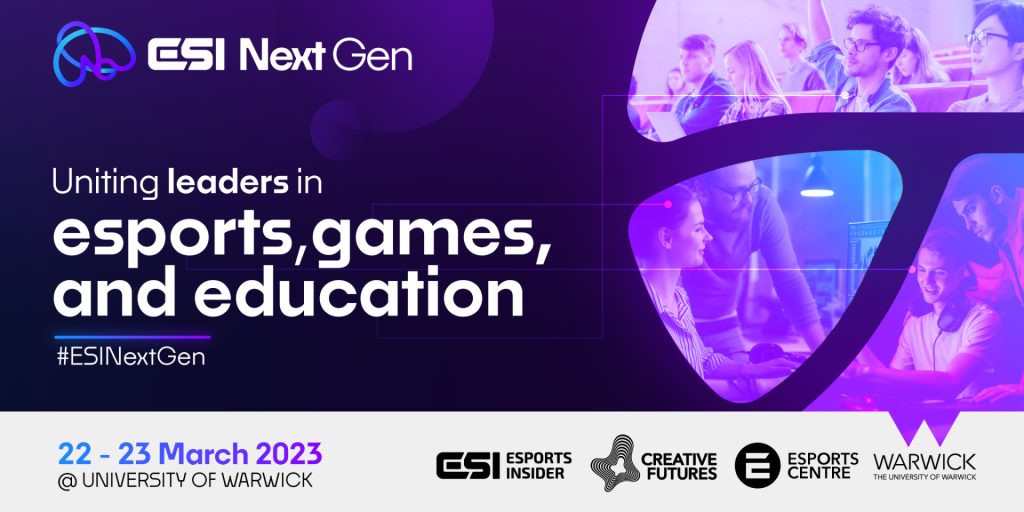
What’s the verdict?
Overall, Guild Esports is in a tough spot financially. It needs to raise funds quickly if it hopes to achieve its various audience and revenue goals — a very strong year of partnerships notwithstanding.
With little cash left, a seemingly distant relationship with Beckham, and a limited roster of world-class creators and esports teams, Guild would have to use any forthcoming investment rounds to recalibrate. Without an injection of extra capital, Guild may struggle to survive, according to its own annual report.
